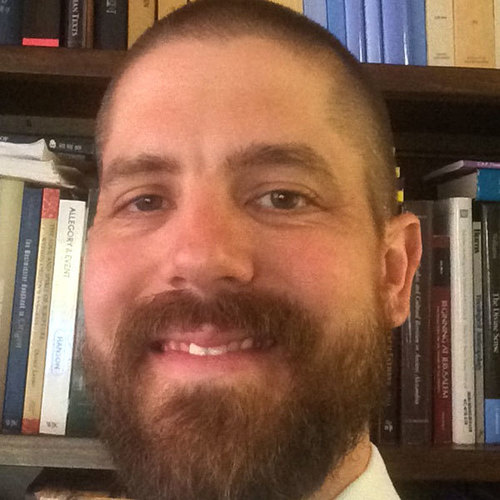Ecclesiology
Next Session: Oct 21, 2024
The Vatican II Constitution on the Church Lumen Gentium proposes to “set forth” the “mystery” of the Church (LG 39; cf. 1-8). This way of speaking raises the question: in what sense is the Church a “mystery”? This course seeks to facilitate a deeper appreciation of the Church as a “mystery” from several points of view. Most basically, what is the “mystery” of the Church? How is this mystery reflected in the way Scripture speaks of the people of God? How is it related to the central mysteries of Christian faith? How is it nurtured and expressed by the Church’s worship? How might an understanding of the Church as mystery inform how we think about the Church as a community, about the Church’s mission, and about the Church’s ultimate destiny?
Course Content
Unit 1: What Is the Church?
- Faith in the Church
- The Church and salvation
- Images of the Church
- The Church and the crucifixion
- Marks of the Church
Unit 2: The Church and Worship
- The nature of worship
- Eucharist as source and summit of the Church’s life
Unit 3: The Church as Community
- How the Church is community
- The kind of community the Church is
- Roles in the Church
- Rules in the Church
- The communion of saints
Unit 4: The Church in and for the World
- The Church in and for the world
- The Church and the secular order
- Evangelism and ecumenism
Unit 5: The End of the Church
- The Church and the Kingdom
- The Church militant, suffering, and triumphant
- The Last Things: death, judgment, heaven, and hell
- The Church and Mary
Course Format
- Six weeks in duration, with one week for orientation.
- Typically 15-20 students in each course.
- All lectures and supplemental readings provided online.
- Written assignments (200-250 words) required.
- Facilitator-moderated Zoom sessions with participants in course.
Required Texts
- All course materials are available online in the course.
Participation Requirements
- Read assigned texts; keep notes, questions, and comments for class discussion.
- Participate in the class discussion using the Forums area: post at least 2 comments, questions, or responses per unit.
- Respond to the assignment in each unit.
- Participate in at least 3 scheduled Zoom sessions throughout the course.
- Complete the course evaluation.
Time Expectations
3 to 5 hours per week, depending on your learning style and schedule.
Course Certificate
A certificate of completion awarding 30 contact hours will be sent upon completion of all course requirements.

Dr. John Sehorn
Dr. Sehorn specializes in the history and theology of the early Church, with a special emphasis on scriptural exegesis. He is also interested in biblical studies, medieval history and theology, ancient philosophy, Mariology, literature, and contemporary catechesis. Dr. Sehorn is currently Assistant Professor of Theology at the Augustine Institute. He and his family reside in Denver, Colorado.
B.A., 2005, Arizona State University; M.A., 2008, University of Notre Dame; Ph.D., 2015, University of Notre Dame